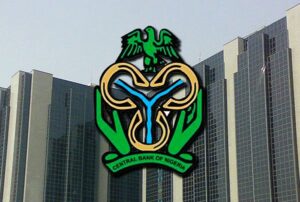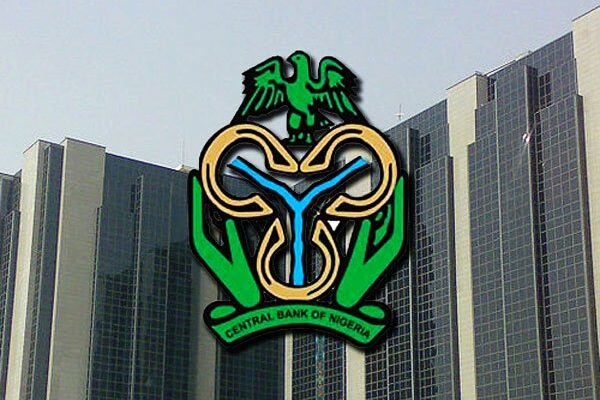
The Central Bank of Nigeria (CBN) has directed financial institutions to get customers’ social media handles for the purpose of identification. It also requested that banking institutions get their e-mail addresses, phone numbers, and residence addresses, among other things.
This is stated in the new CBN client due diligence regulations which were published on Friday, June 23, 2023, on its website, which aims to improve the identification process in the banking sector.
The new legislation, according to the CBN, is aimed to provide additional consumer due diligence requirements for financial firms subject to its regulatory authority.
The apex bank stated that the regulations are designed “To provide additional customer due diligence measures for financial institutions under the regulatory purview of the Central Bank of Nigeria to further their compliance with relevant provisions of the Money Laundering (Prevention and Prohibition) Act (MLPPA), 2022, Terrorism (Prevention and Prohibition) Act (TPPA), 2022, Central Bank of Nigeria (Anti-Money Laundering, Combating the Financing of Terrorism and Countering Proliferation Financing of Weapons of Mass Destruction in Financial Institutions) Regulations, 2022 (CBN AML, CFT and CPF Regulations) and international best practices.
“And enable the CBN to enforce compliance with customer due diligence measures in line with the CBN AML, CFT and CPF Regulations.”
In its customer identification column, the apex bank stated that financial institutions must identify their clients (whether permanent or temporary, and whether natural or legal persons or legal arrangements) and gather the following information:
“For Individuals — legal name and any other names used (such as maiden name), permanent address (full physical address), residential address (where the customer can be located), telephone number, e-mail address, and social media handle; date and place of birth, Bank Verification number; Tax Identification number; nationality; occupation; public position held; and name of employer.”
It also stated that an individual must have “an official personal identification number or other unique identifier contained in an unexpired document issued by a government agency that bears the name, photograph, and signature of the customer, such as a passport, national identification card, residence permit, social security records, or drivers’ license.”
“Type of account and nature of the banking relationship, signature, and politically exposed person status” are all part of the requirement.
The regulator also stated that financial institutions are not permitted to open or manage anonymous, numbered, or fake accounts.

Comments